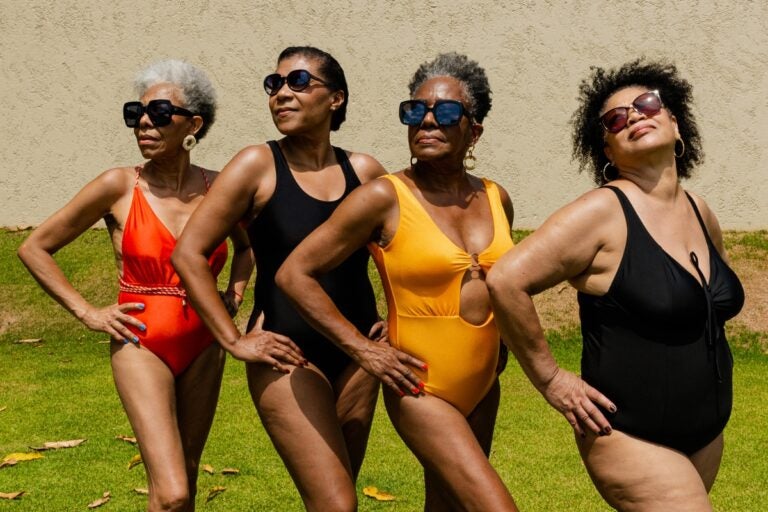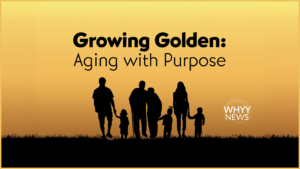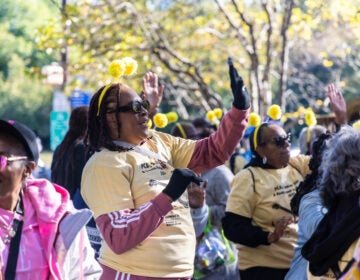Working, traveling and thriving: The modern experience of aging
As we live longer, our ideas about aging and the roles of older people need a serious overhaul. This hour on Studio 2, we break down the stereotypes around aging.
Listen 51:35
Do you feel your age? Has your idea of aging changed over time?
The first person to live to age 150 may have already been born. After a few years of average life expectancy declines during the pandemic, rates have bounced back and Americans are living longer than ever: 78.4 years today compared to 68 years in 1950.
But this increased lifespan requires a lot of rethinking.
As we live longer, our ideas about aging and the roles of older people need a serious overhaul. Being 70 isn’t what it used to be. More than nine million Americans over retirement age continue to work. They may need the income, they may love their job, or want to be more active in the country’s economy. Older adults are having fun – traveling, working out, spending time with family, entering new relationships and enjoying this phase of life. Coming this hour, we’ll talk about the stereotypes that continue to plague an aging population – and why getting older isn’t what it used to be.
This hour on Studio 2, we break down the stereotypes around aging and look at the impact older working Americans will have on the economy. We also ask what the “silver tsunami” means for health care and our society.
Guests:
- Deborah Carr – professor of sociology at Boston University and author of Aging in America
- Diane McKinney-Whetstone – author of One Gen, a novel about residents of a 55+ “active living” community somewhere outside Philly. Her new book, Family Spirit, will be released in August 2025.
WHYY is your source for fact-based, in-depth journalism and information. As a nonprofit organization, we rely on financial support from readers like you. Please give today.







